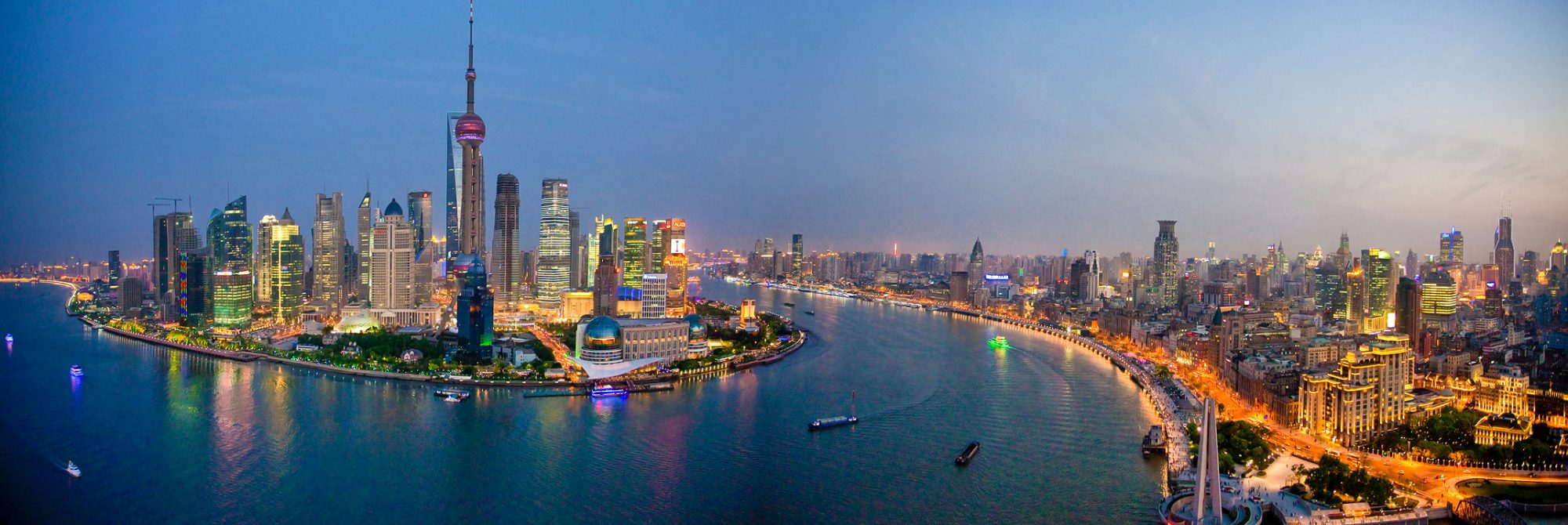China has been under fire for its purported abuse of Uyghurs and other Turkic ethnic groups in Xinjiang (or the Xinjiang Uyghur Autonomous Region/XUAR) with the loose intent of “counterterrorism.” There have been reports of internment camps, forced labor, forced abortion, family separation, aggressive reprisals for speaking out, and many other human rights violations. The UN has been called on to address the issue. Since China holds a place on the security council of the UN, they were faced with disappointment and backlash from other council members. The UN as a whole may now be facing credibility concerns due to China’s violation of UN rules and regulations. There has recently been an exchange of power between former UN human rights commissioner Michelle Bachelet and current Zeid Ra’ad Al Hussein, who thinks more should be done on the issue. He intends to order a commission of inquiry (which is a powerful UN tool) to uncover the full scope of the horrors that Turkic ethnic groups have been subjected to in the XUAR. China’s UN ambassador expressed discontent over the assessment that the UN’s Human Rights Commissioner ran on the region, and claimed that they drew false conclusions. The Chinese government refuses to cooperate with the UN Human Rights Office following the report. Western countries continue to consider China’s treatment of Turkish ethnic groups as genocide or “a serious risk of genocide.” The US and a few other countries have imposed sanctions on Chinese goods produced from Uyghur labor camps.
This situation is an example of the UN’s political influence as an IGO. They have the authority to carry out punishments regarding human rights violations, and have expressed their intent to do so regarding China’s involvement in these violations. It is also interesting to see a world power that is generally considered a developed country committing such atrocities. It showcases the fragility of the UN, and the effect of China’s misdoings could affect the credibility of the organization as a whole. China’s reluctance to be forthcoming with evidence and unwilling to cooperate with an investigation serves as an example of tensions between the western and eastern countries, as the US and Canada have shown the most motivation for carrying out the investigation. It is also not wrong to assume that China’s secrecy can in some parts be attributed to a fear of showing weakness in the face of the West.
